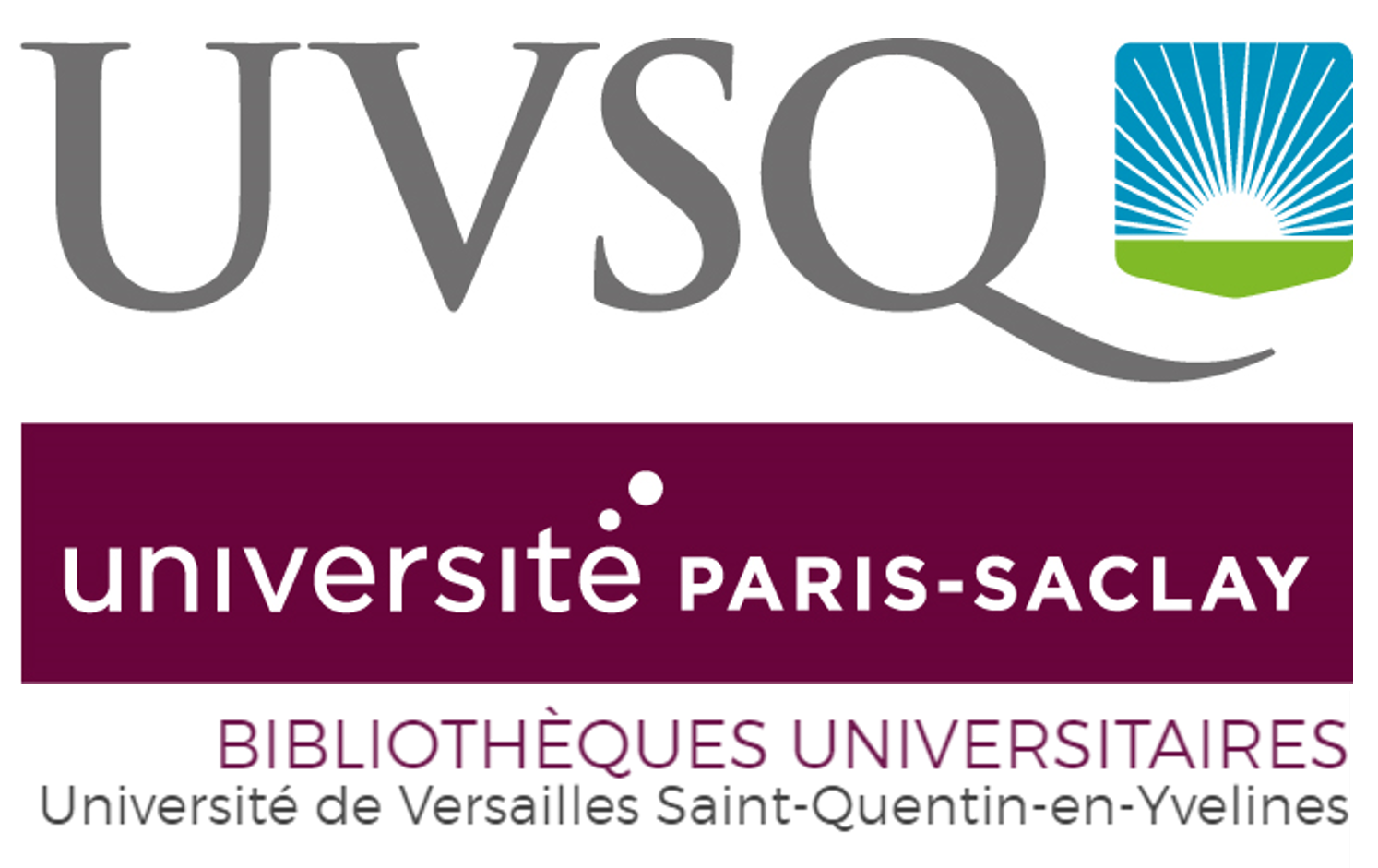Achieving Power and Energy Efficiency in Self-Organizing Networks
Résumé
—The target of this paper is to propose a practical low-complexity power allocation algorithm that strikes a good balance between Spectral Efficiency (SE) and power saving for the downlink of interference-limited cellular networks. Because abundant interference usually results from dense frequency reuse and high power transmission, power optimization schemes are critical to interference management in wireless systems. Powerful power optimization schemes can be efficiently implemented in the framework of Self-Organizing Network (SON). In this context, we resort to non-cooperative game theory to devise two distributed power allocation schemes. By only considering SE, our first Power Control Game (PCG) algorithm, deemed SE-PCG, provides high SE but push autonomous eNBs into consuming all available power. To address this shortcoming and enhance Energy Efficiency (EE), we put forward another PCG algorithm, deemed EE-PCG, which inflicts a penalty on power consumption. The originality of our scheme lies in deriving the power penalty through a signaling-free heuristic. We have analyzed the proposed algorithms through extensive numerical simulations and compared them with the state-of-the-art approaches. The results have shown that our algorithms outperform the latter.
| Origine | Fichiers produits par l'(les) auteur(s) |
|---|
Loading...

